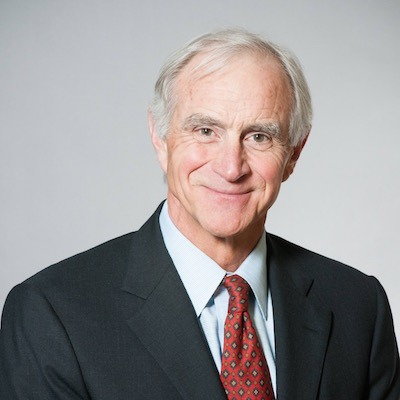The COVID-19 pandemic has caused devastation locally, nationally and internationally. It is a once-in-a-lifetime crisis that has taken the lives of over two million people worldwide.
Although co-morbid factors may exist, the number of deaths and the number of hospitalizations directly related to the coronavirus are easy to track and report. Government officials have used these easy-to-obtain numbers to set policy that has closed the economy and schools over the past year.
The devastation to the economy is now well known and understood. Unemployment has skyrocketed, business closures are at an all-time high, and government entitlements, such as Medicaid and food stamps, have expanded dramatically over the past year.
What has not been easy to track are the unintentional consequences of shutting down the economy and forcing healthy people to quarantine. These numbers and trends are now starting to be reported.
There has been a rise in suicides and mental illness in general, particularly among the younger generation. It is known that forcing a quarantine leads to an exacerbation of risk factors that lead to suicidal thoughts. These factors include depression, substance abuse, domestic violence, financial insecurity, and isolation.
Another unintentional consequence of the lockdown is a delay in diagnosis and treatment for other medical conditions. A survey done last fall found that 40% of Americans avoided or delayed seeking medical care for non-virus-related medical problems. Patients with diabetes and hypertension were more likely to not obtain timely care. These are two conditions that predispose to severe cardiovascular problems, the leading killer in the United States.
Although emergency room and intensive care physicians have done an incredible job of treating COVID-19 patients, other specialty physicians have experienced a dramatic decrease in their workload. Overall doctor reimbursements were down 4.5% in 2020, compared to 2019. This reflects both a decrease in patient volume caused by the lockdown, coupled with an increase in low-paying Medicaid patients who lost their private employer-paid health insurance and went on the government entitlement.
While these unintended consequences of the COVID-19 economic lockdown are difficult to quantify, they are real and have a devastating medical impact. The Washington state economy should now be reopened, with businesses using those safety measures that have been established over the past 12 months.
Dr. Roger Stark, MD, FACS, is the Washington Policy Center’s Center for Health Care senior fellow.




